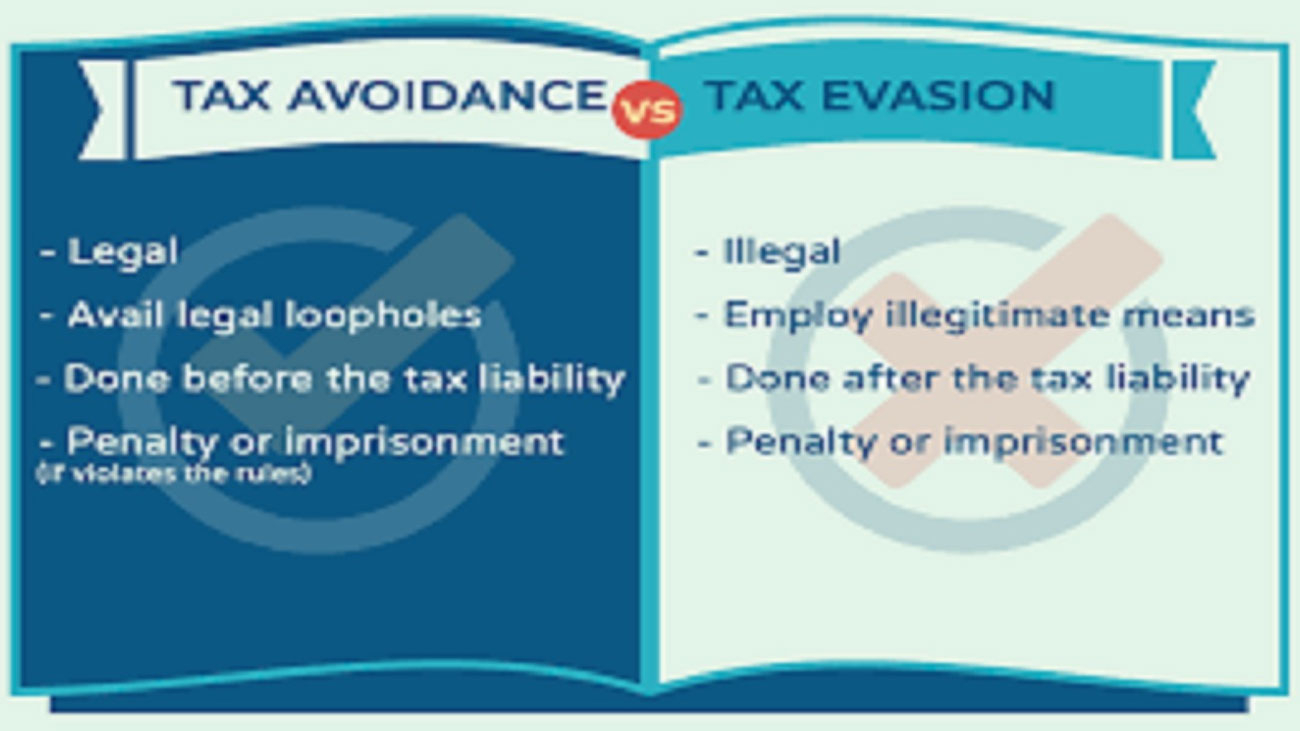OVERVIEW
This professional summary by Green Wood Consultants has been developed to inform and empower salaried individuals, professionals, and business owners regarding the major tax reforms and fiscal developments introduced under the Finance Bill 2025–26, effective 1st July 2025. It presents the key provisions, new tax rates, compliance shifts, and sectoral impacts in a simplified yet comprehensive format for financial decision-making, tax planning, and strategic business alignment.
1. INCOME TAX
The Finance Bill 2025–26 introduces a more progressive and relief-oriented tax regime for salaried individuals, along with several strategic measures to broaden the tax base and enhance digital enforcement. Below is the updated tax rate structure and highlights for FY 2025–26:
Income Tax Slabs (Effective 1st July 2025)
| Taxable Income | Rate of Tax |
| Where taxable income does not exceed Rs. 600,000/- | 0% |
| Where taxable income exceeds Rs. 600,000/- but does not exceed Rs. 1,200,000/- | 1% of the amount exceeding Rs. 600,000/- |
| Where taxable income exceeds Rs. 1,200,000/- but does not exceed Rs. 2,200,000/- | Rs. 6,000/- + 11% of the amount exceeding Rs. 1,200,000/- |
| Where taxable income exceeds Rs. 2,200,000/- but does not exceed Rs. 3,200,000/- | Rs. 116,000/- + 23% of the amount exceeding Rs. 2,200,000/- |
| Where taxable income exceeds Rs. 3,200,000/- but does not exceed Rs. 4,100,000/- | Rs. 346,000/- + 30% of the amount exceeding Rs. 3,200,000/- |
| Where taxable income exceeds Rs. 4,100,000/- | Rs. 616,000/- + 35% of the amount exceeding Rs. 4,100,000/- |
Note: The Default surcharges for amount annually exceeding 10 million will be reduce from 10% to 9%.
Comparison of Salary Income Tax with Pervious Year Slabs
| Monthly Salary Range | Annual Income Range | Fixed Tax | Marginal Tax Rate (%) | Total Tax (Approx.) | Monthly Tax Burden | Estimated Relief vs. FY25 |
| 0 – 50,000 | 0 – 600,000 | 0 | 0% | 0 | 0 | Full Exemption |
| 50,001 – 100,000 | 600,001 – 1,200,000 | 0 | 5% | 30,000 | 2,500 | Up to 80% Relief |
| 100,001 – 150,000 | 1,200,001 – 1,800,000 | 30,000 | 10% | 60,000 | 5,000 | Significant Relief |
| 150,001 – 200,000 | 1,800,001- 2,400,000 | 60,000 | 12% | 108,000 | 9,000 | Moderate Relief |
| 200,001 – 300,000 | 2,400,001 – 3,600,000 | 108,000 | 15% | 180,000 | 15,000 | Slightly Lower Burden |
| Above 300,000 | Above 3,600,000 | Slab-based | Progressive Rates | Variable | Variable | Adjusted Marginally |
Note: Monthly and annual tax payable will depend on exact income within each range. Marginal tax rate applies only on income exceeding the lower limit of the slab.
DIGITAL ECONOMY & FREELANCING:
- 2% Advance Tax on e-commerce and freelance payments via local couriers and digital gateways
- 5% Digital Presence Tax on foreign e-commerce vendors operating in Pakistan without a physical office
PENSION TAXATION:
- Pensions exceeding Rs. 10 million per annum will now attract a flat 5% income tax; pensions below this threshold remain tax-exempt
PROFIT ON DEBT INSTRUMENTS:
- Rate revised upward from 15% to 20% to reduce arbitrage and align with other passive income sources
DIVIDEND INCOME TAXATION:
- General dividend income now taxed at 25%
- Dividend from mutual funds (collective investment schemes) taxed at 15%
NON-FILER SURCHARGE:
- Adjustable withholding tax on cash withdrawals for non-filers increased from 0.6% to 0.8%
- Higher rates across banking transactions, property, and vehicle registrations continue to apply to non-filers
MUTUAL FUNDS:
- Income from debt-based mutual funds to be taxed at 25%.
ADVANCE TAX ON SALE AND PURCHASE OF PROPERTY:
- Reduce advance tax by 150bps on immoveable property and restoration of tax credit on mortgage facility for houses up to 10 marla and flats up to 2000sqf.
SUPER TAX:
- Super tax rates under section 4C proposed to be reduced by half a percentage point for income slabs between Rs. 200 million to Rs. 500 million against each slab respectively.
2. SALES TAX – DIGITAL INTEGRATION & EXEMPTIONS
E-COMMERCE REFORMS:
Definition of “e-commerce” updated.
- Sales tax withholding increased from 1% to 2% on all digital and CoD payments.
STRICT ENFORCEMENT TOOLS INTRODUCED:
- FBR can now freeze bank accounts, seal businesses, block property transfers, and appoint receivers.
Third Schedule Additions (Retail Price Sales Tax):
- Now includes pet food, chocolates, coffee, and cereal bars.
WITHDRAWAL OF EXEMPTIONS:
- Solar panels, PV modules, and industries in FATA/PATA to face phased sales tax (10% in 2025→16% in 2029).
- Locally assembled cars below 850cc now taxed at 18% (previously 12.5%).
RELIEFS:
- Buns and rusks now exempt from sales tax.
- Electricity supply in FATA/PATA remains exempt till June 2026.
3. CUSTOMS REFORMS – TRADE FACILITATION & ANTI-SMUGGLING
TARIFF SLABS RESTRUCTURED:
- New slabs: 5%, 10%, 15%
- Old slabs: 3%, 11%, 16% abolished
REDUCTION IN ADDITIONAL CUSTOMS DUTY (ACD):
- Major ACD cuts across all slabs; some items reduced from 7% to 6%.
CUSTOMS INNOVATIONS INTRODUCED:
- Cargo Tracking System (CTS)
- e-Bilty requirement for all logistics
- Digital Enforcement Units (DEU) & Centralized Assessment Units
4. PETROLEUM & FUEL TAXATION
CARBON LEVY INTRODUCED:
- Rs. 2.5/litre from July 2025 → Rs.5/litre from July 2026
- Applies to petrol, diesel, furnace oil
Furnace Oil to have additional petroleum levy (rate yet to be decided)
5. FEDERAL EXCISE DUTY (FED)
EXCISE DUTY WITHDRAWN:
- 7% FED On transfer/allotment of plots (introduced in Finance Act 2024)
STRICT PENALTIES INTRODUCED:
- Counterfeit goods and tax-evasion-linked items liable for confiscation
WIDER ENFORCEMENT POWERS:
- FBR can now delegate enforcement powers to other federal/provincial officers
6. ICT SALES TAX & SERVICES
NEGATIVE LIST INTRODUCTION:
- FBR will gradually shift to taxing all services except exempt ones (Negative List regime)
COMPULSORY INTEGRATION:
- All ICT service providers must integrate with FBR’s system
SECTOR-WISE IMPACT SUMMARY
| SECTOR | KEY IMPACT |
| Salaried Individuals | Tax cuts for income up to PKR 300k/month |
| Non-Filers | Higher cash withdrawal tax (0.8%), double rates elsewhere |
| E-Commerce | 2% withholding tax on orders, digital sales now fully tracked |
| Foreign E-Commerce | 5% digital presence tax for non-resident vendors |
| Mutual Fund Investors | Debt-income taxed at 25%, dividend at 15% |
| Real Estate | Duty hikes for non-filers, excise duty on plot transfers gone |
| Petroleum Consumers | Carbon levy of Rs. 2.5/litre (FY26), Rs. 5/litre (FY27) |
| Solar Sector | Sales tax exemption withdrawn on solar modules |
| Small Car Buyers | 850cc car tax rises from 12.5% to 18% |
| FATA/PATA Units | Phased sales tax (10%-16%), relief on electricity extended |
FINAL RECOMMENDATIONS BY GREEN WOOD CONSULTANTS
In view of the widespread fiscal reforms and digital enforcement, we advise all stakeholders to:
✅ File taxes regularly to benefit from lower rates and avoid penalties
✅ Digitally register your e-commerce or freelance business
✅ Ensure real-time POS and invoicing integration with FBR
✅ Review your investment portfolio to understand dividend and mutual fund tax impact
✅ Calculate new car, electricity, fuel, and solar costs based on revised tax rates
✅ Consult professionals for audit compliance and digital transformation








